Drug counseling is a growing field; it is due in part to the new requirements of the Affordable Care Act which considers addiction a treatable disease. Many health services providers have added drug treatment to their services menus and medical care networks.
Types of Counselors
Counselors vary by the role that they play and the types of organizations they represent. Much of the current system of counseling for drug addictions grew from two very distinct branches. It grew from recovered addicts who became program resources to guide and counsel others on the path to recovery. These self-help organizations have played a substantial role in the history and development of drug abuse treatment. The other end of the spectrum is in clinical psychology; these trained professionals go through rigorous academic preparation and take licensing exams to hold out to the public as trained counselors.
Licensing
Most states license public practices and hold practitioners to high standards of conduct, education, and training including continuing education. Most states require a minimum amount of education and training or the equivalent in practical experience. They also administer licensing examinations which test for a minimum degree of knowledge and experience. Counselors work with other professionals but often play a key role in assessments, diagnosis, and treatment options. Licensing ensures the public that the holder has credentials and experience to perform these intricate functions.
Education
Some positions do not have educational requirements and look to hire recovering addicts who have demonstrated an ability to relate to other addicts in a positive way. Most counseling jobs ask for experience and formal training. The most demanding roles, such as in major hospitals or universities, will ask for the equivalent of a Master’s Degree and with supervised clinical study.
Costs Vary by Choices
The costs of drug counselor training and certification will vary by the type of counseling one wishes to do. Some can be low-cost such as private organizations that use recovering addicts as their primary resource. Others will cost much like a Masters of Science degree in Psychology and with up to 3,000 hours of supervised clinical experience. For some candidates, the path to counseling may go in stages; they may move from recovering-addict private counselors to formally educated counselors with degrees and licenses. How one gets there matters far less than getting to the stage of fulfilling a wish to be a counselor. If you, a loved one, or family member needs counseling services, please call us. We can provide the best counselors and resources to help overcome addiction. Call us today.


Recent Comments